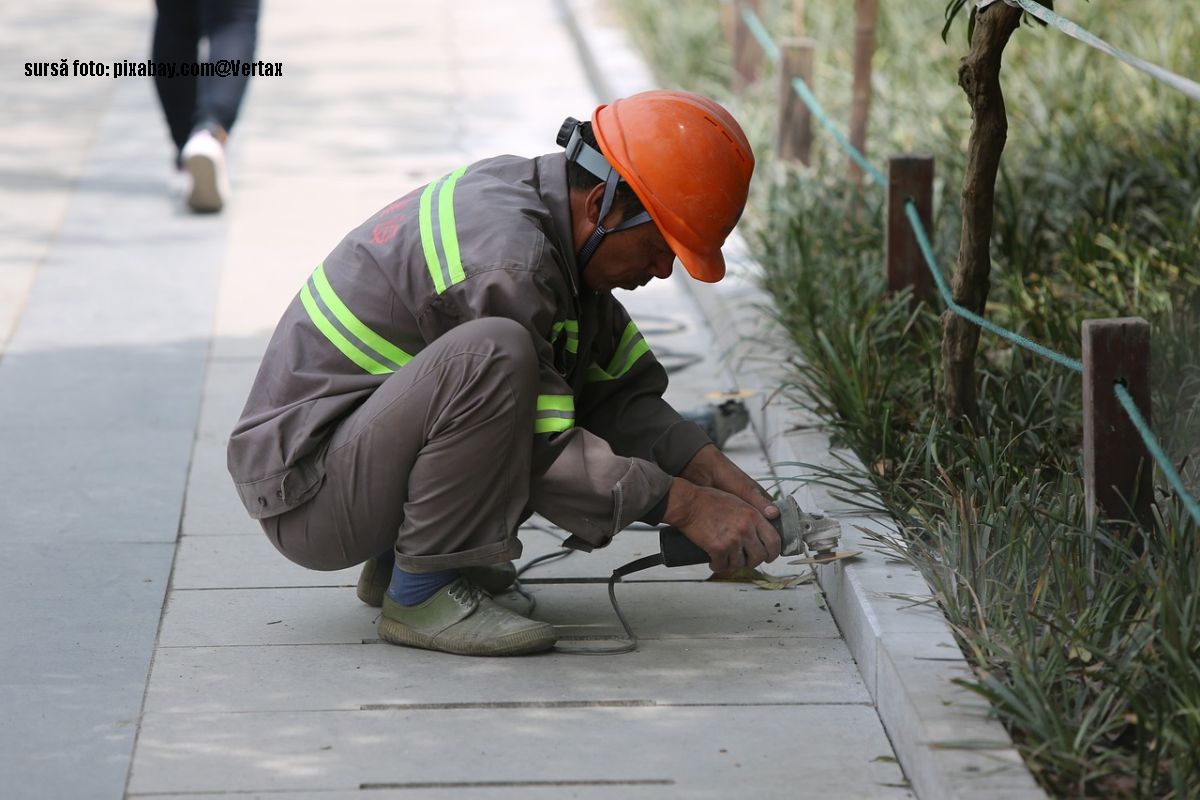Optional Secondary and High-School Courses
Fore a few years now, school curricula in Romania have included several optional courses.

Christine Leșcu, 20.04.2016, 12:51
For a few years
now, school curricula in Romania have included several optional courses. Based
on the collaboration between schools, parents and pupils, such courses can be
chosen to be taught even starting from the third grade. One of them focuses on
architecture. Shortly after its approval, ‘De-a arhitectura’ Association, with
help from the Architects’ Association, completed a curriculum and a textbook
for the third and fourth grades. The course can be taught in just one year, or
along two years, to cover the third and the fourth grade.
Architect Miruna
Grigorescu, co-founder of ‘De-a arhitectura’ Association, told us more about
this course: This
course was presented under a pilot project, in 7 classes in Bucharest, during
the 2012-2013 school year. Since then, the number of classes has grown
exponentially, with 60 classes the following year, and we now have more than
100 classes where this course is taught this year. Last year we shipped
textbooks to 37 towns.
Children attending
the course also benefit from the presence of a volunteer in the class, an
architect who assists the teacher. ‘De-a arhitectura’ is a course that combines
theory and practice, with a focus on the discovery of the town or city children
live in.
Here is Miruna Grigorescu: At the
age of 9, 10 or 11, it is essential for these children to experience the city,
to be guided and encouraged to understand it in various ways. Back to class,
they analyze together with the architect what they found out and then they get
to build things themselves, from mock-ups to miniature cities, with the entire
class contributing to that. Children learn how to scale and what a plane
representation is, or what ergonomics means. Starting from this, they study
materials and textures and also learn things about the geographic, climatic and
even historical background of buildings. Then they learn about the city and how
the city works as a mechanism or organism. They learn about urban regulations
and their importance.
Given the
popularity of the optional courses that have been taught so far, education
authorities and civil society are discussing the possibility of introducing
other subjects as well, such as legal education. Judge Cristi Danilet, a member
of the Higher Council of the Magistrates, has been involved in such talks. He
has even drafted a textbook for high-school students who will be able to use it
when legal education becomes a subject matter in school curricula.
Judge Danilet
told us what he believed the new subject should cover: We go
beyond theory and we tell these children exactly what they are allowed or not
allowed to do, in order not to break the law, be it the Constitution or the
Criminal Code. They learn about their obligations when walking to school as
well as their family obligations and their rights. Also, they will learn about
their rights and obligations in relation to various public institutions. In the
past years, in Romania, the number of children who appear before judicial
bodies has increased. The number of juvenile delinquents has increased, and so
has the number of child-victims and children abused by their own parents.
Unless society does something to prevent them from breaking the law, five or ten
years from now these children are very likely to break the law as adults.
The legal
education textbook already includes chapters that are designed to introduce the
current legislation to children. Cristi Danilet:
It
includes 15 legal education lessons, with the help of which children are
explained, in a non-technical language and using lots of examples, how they
should behave in society, starting from their rights to the procedures for getting
an ID or having their IDs renewed. From this textbook children learn what
happens if their parents are working abroad or if they are divorced, how they
can be protected against domestic violence and what kidnapping means. Also,
they learn about the substances that they are not allowed to use, such as alcohol,
tobacco and drugs, or how they are protected by law when buying a product that
is past expiration date or does not work right. Other chapters concern traffic
regulations, what happens to a child when they are caught traveling on a public
transport means without a ticket, when children are allowed to set up a bank
account, from what age on they can conclude a service agreement or even an
employment contract.
All these practical
aspects are highly appreciated by pupils, as Horia Onita, president of the
National Pupils’ Association told us:
We
supported this initiative from the very beginning, because it is our belief
that school should prepare children for becoming citizens and getting employed.
Unfortunately, right now school does neither. School provides children with
lots of theoretical information, quite uninteresting for them. It does not
teach them how to learn, how to train themselves. These optional courses add
value to the system and some of them have a wide applicability range. I’m talking
here about legal or financial education. A few months ago we conducted a survey
on 7000 pupils, and they said they were disappointed because they graduate from
high-school with lots of information, but without knowing what an employment
contract is, what the difference between a law and a government resolution is,
or which are Parliament’s responsibilities. No matter the job they will get,
they will be faced with such things as VAT, taxes… these are things that the
Romanian education system pays no attention to.
But even the
optional courses that have been approved cannot be chosen by pupils or taught
as they would like them to be. Horia Onita:
Unfortunately,
not many schools choose these optional courses as they should, through a simple
majority. Pupils and parents chose these courses from a portfolio that includes
the courses that the school is allowed to propose. Unfortunately, this
portfolio does not include subjects such as legal education or architecture,
because most schools propose only classical subjects, for their teachers’ work
load to be complete.
Recently,
the Education Ministry has initiated a public debate on the framework curriculum
for secondary education, which includes more optional courses than before.






























